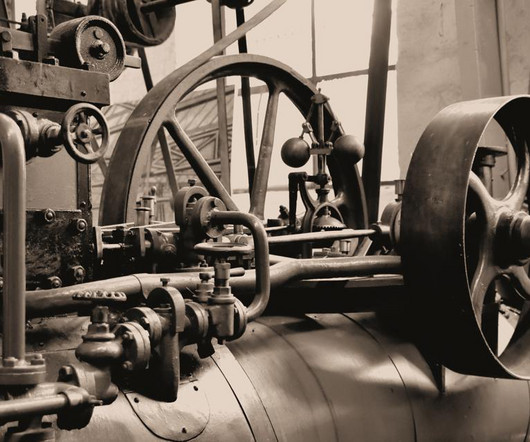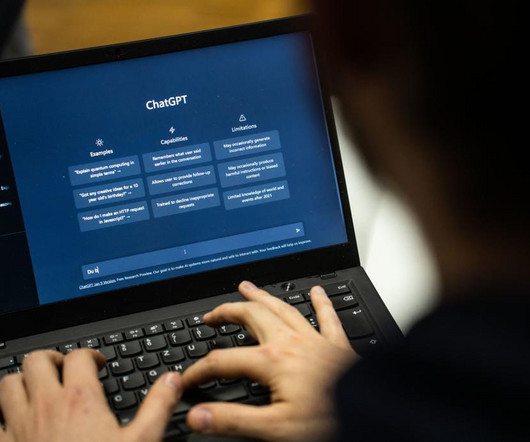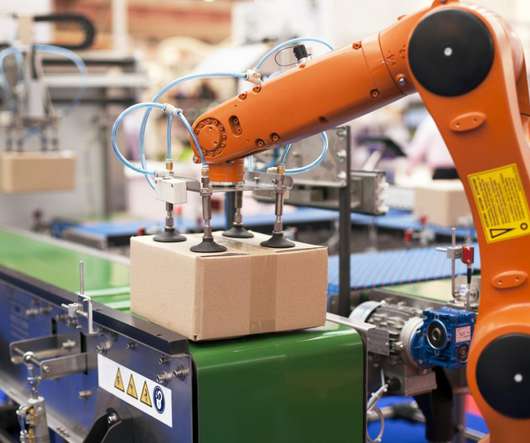What Can Past Technological Revolutions Tell Us About Today?
The Horizons Tracker
MAY 8, 2023
Interestingly, this process meant that those workers with the highest salaries saw the biggest slowdown in their income, despite having the most advanced skills. The researchers believe this might be due to the lower investment made by younger workers in skills that had become obsolete, while also having more time to invest in new skills.














Let's personalize your content